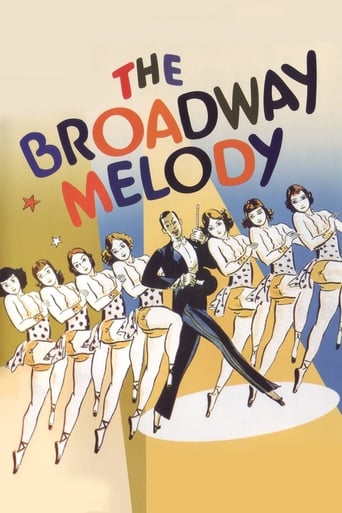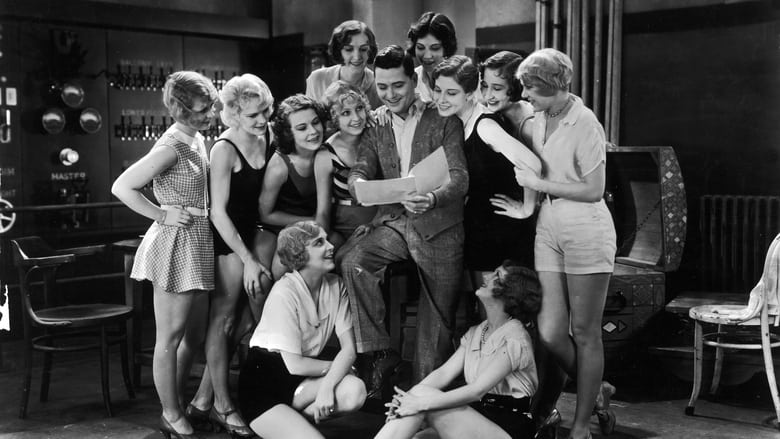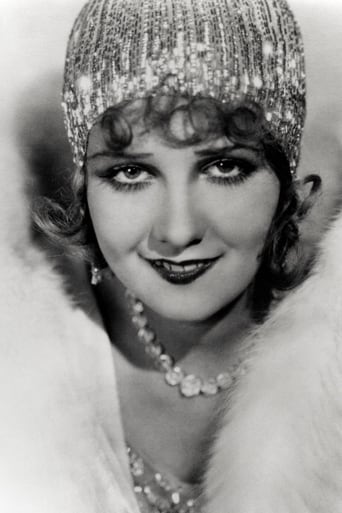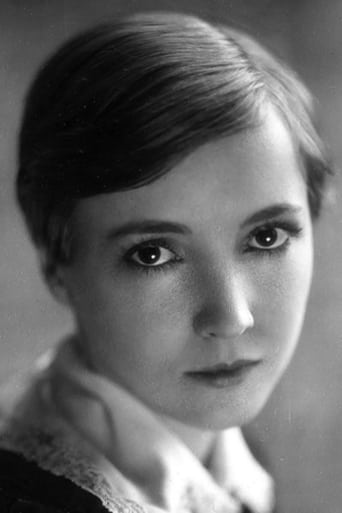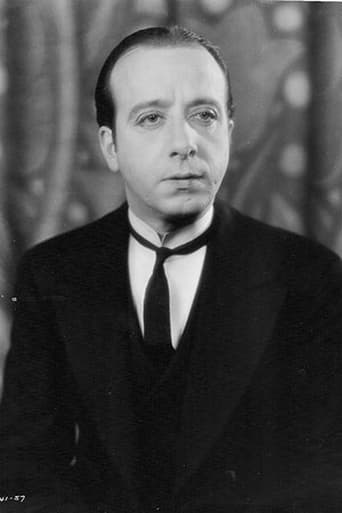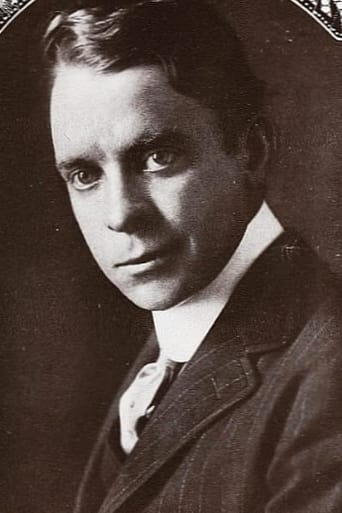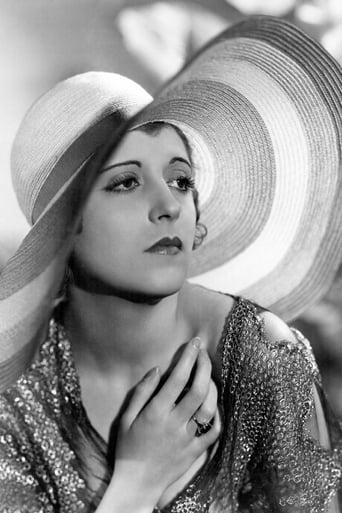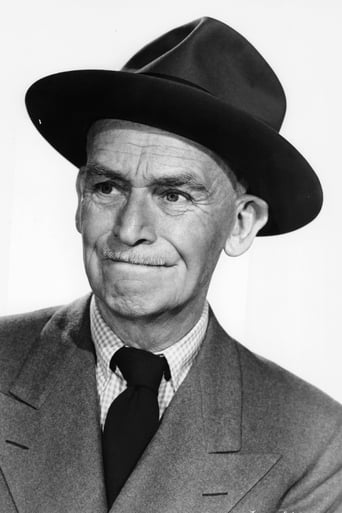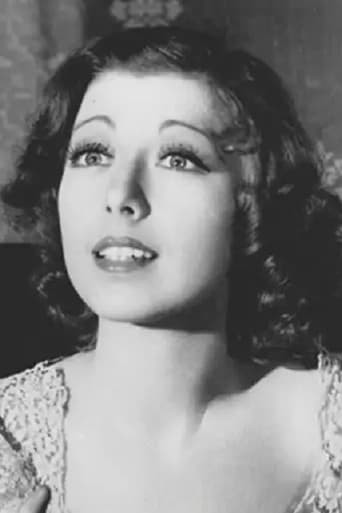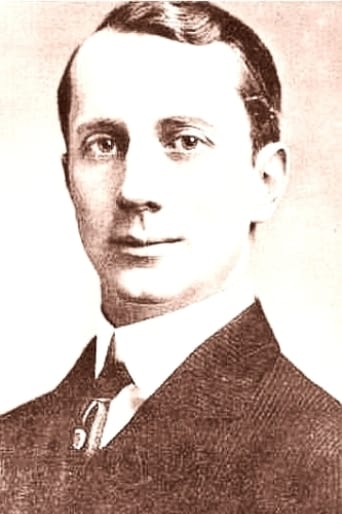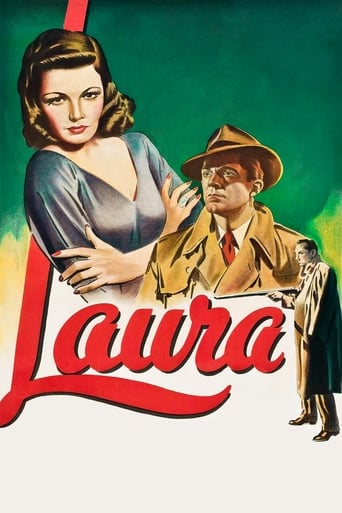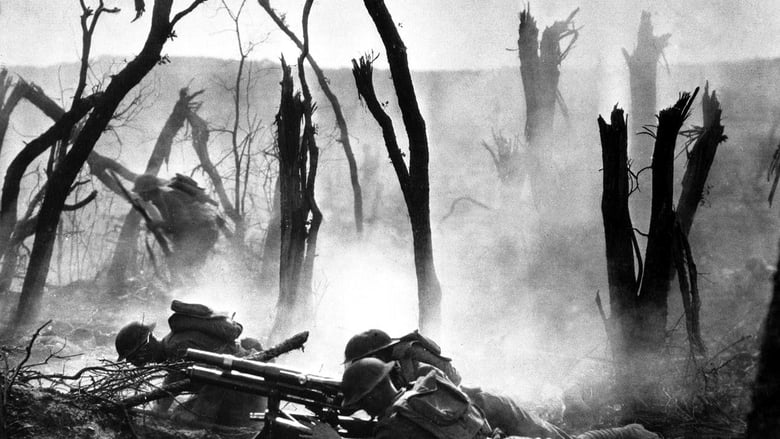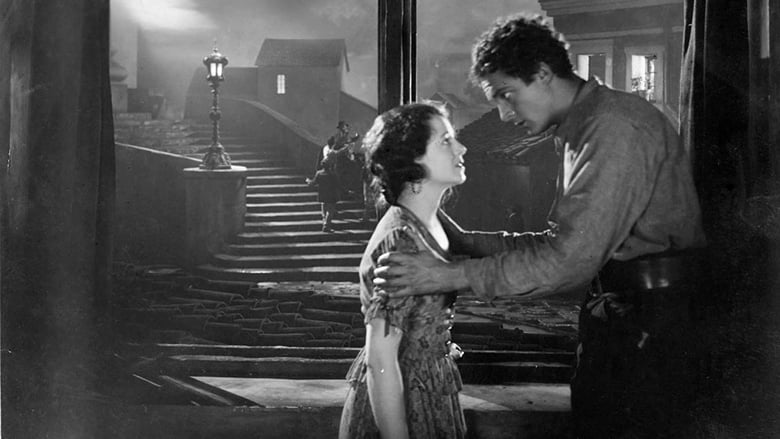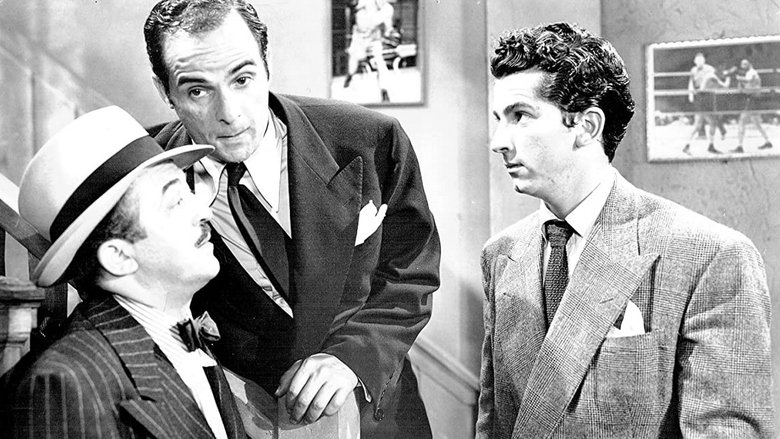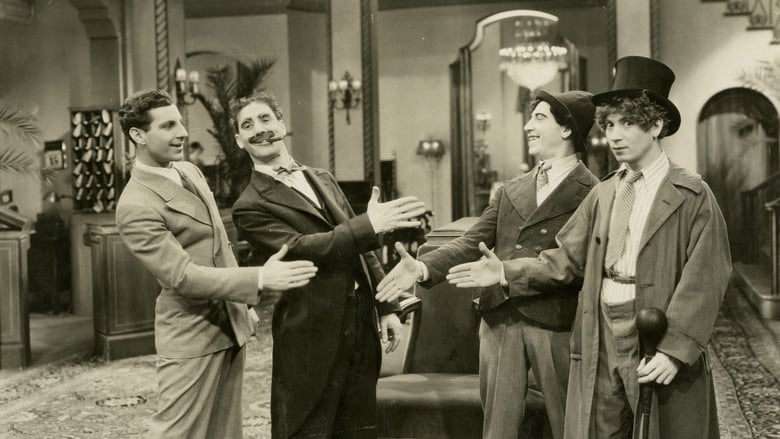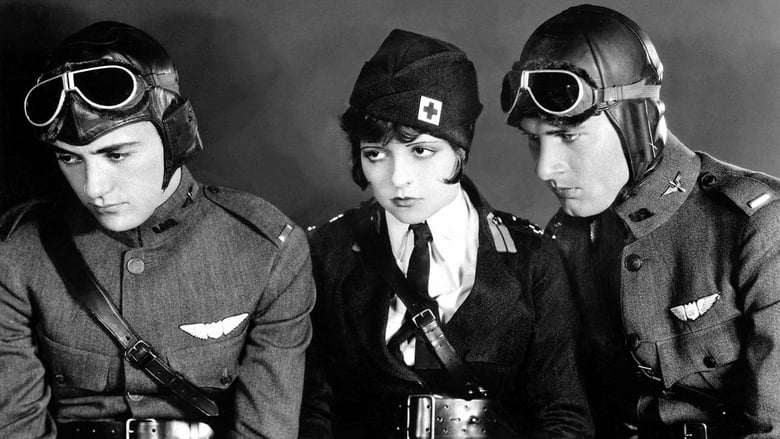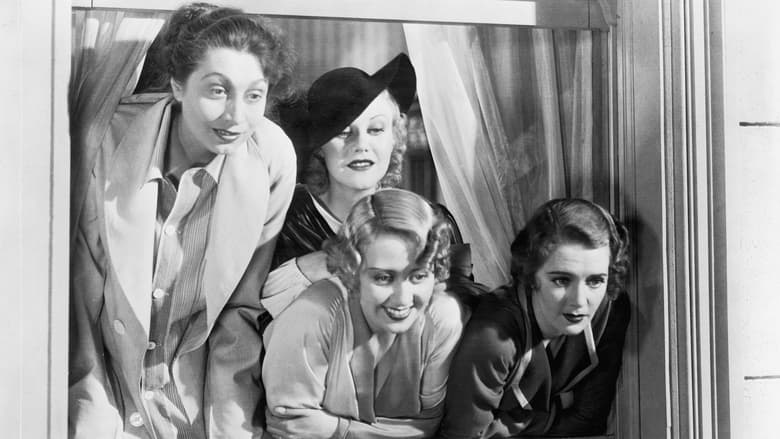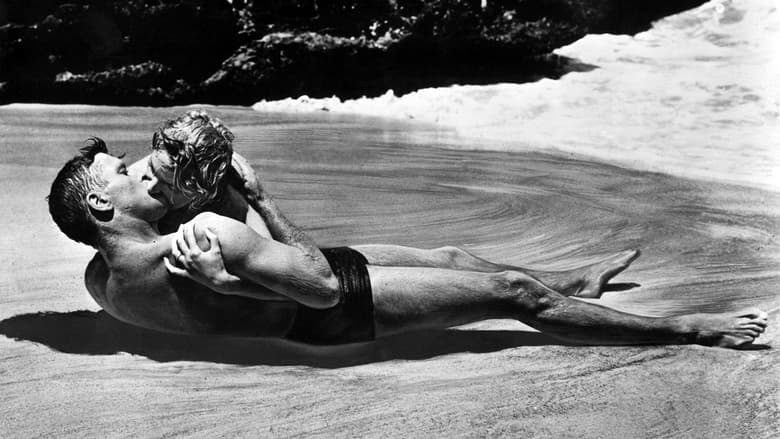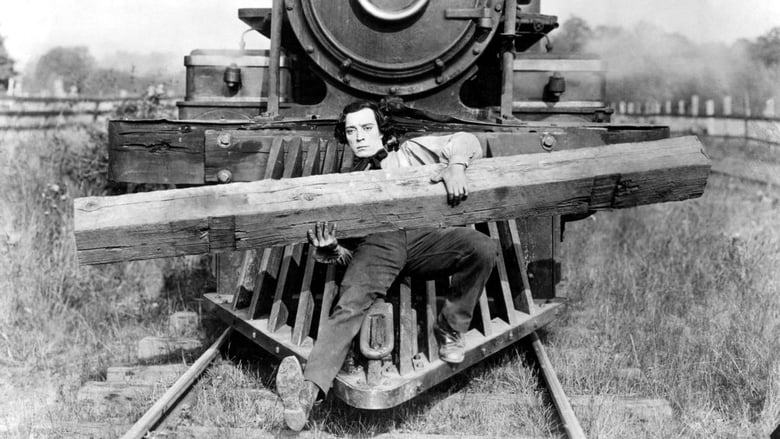The vaudeville act of Harriet and Queenie Mahoney comes to Broadway, where their friend Eddie Kerns needs them for his number in one of Francis Zanfield's shows. When Eddie meets Queenie, he soon falls in love with her—but she is already being courted by Jock Warriner, a member of New York high society. Queenie eventually recognizes that, to Jock, she is nothing more than a toy, and that Eddie is in love with her.


Similar titles
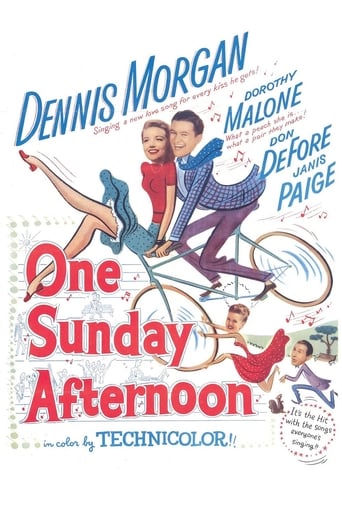
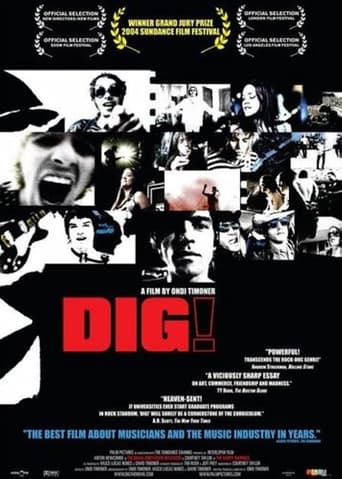
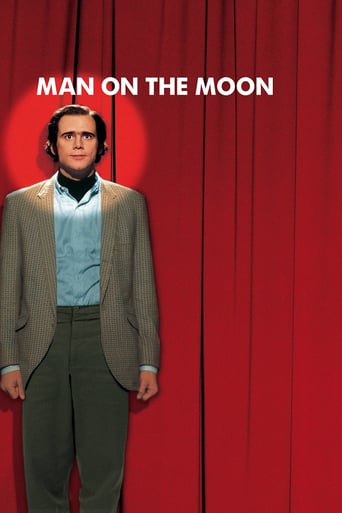

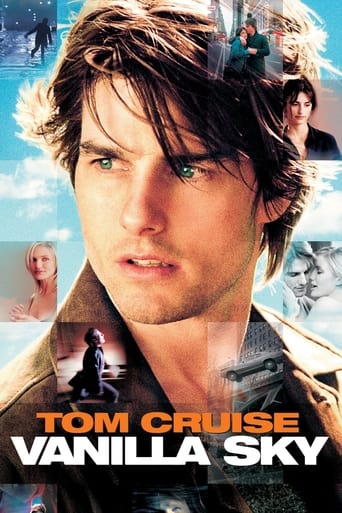
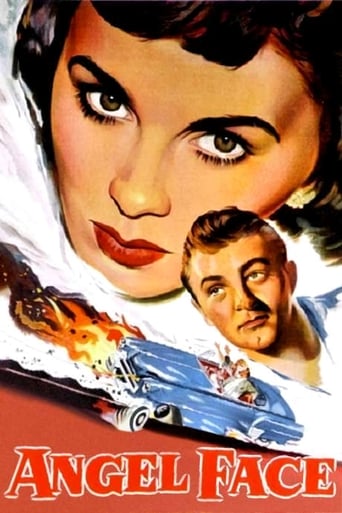
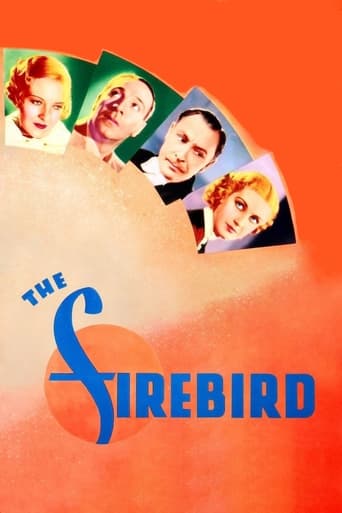
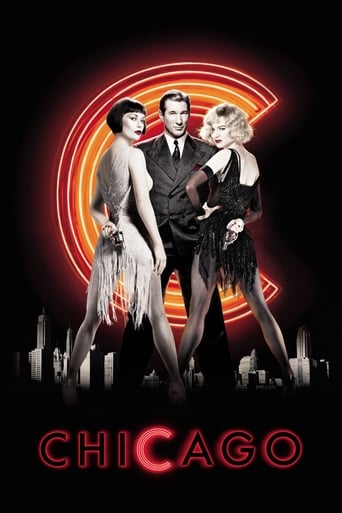
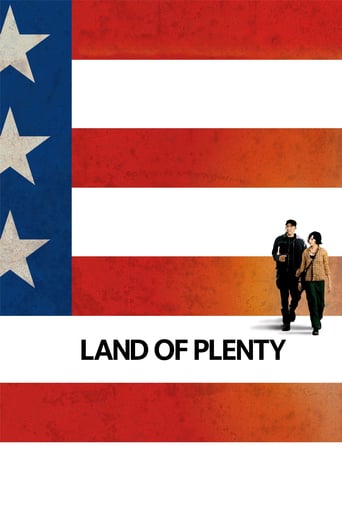
Reviews
NOTES: Re-made (in a considerably cleaned-up version) by MGM in 1940 as "Two Girls On Broadway: with Lana Turner, Joan Blondell and George Murphy.COMMENT: Bessie Love brings Hank to vibrant life. This was her only acting nomination in a screen career that started with a bit part in "The Birth of a Nation" (1915) and continued right through to 1983. It takes talent indeed to so effectively portray a feisty vaudeville artist with such a grossly exaggerated opinion of her own ability. When the Ziegfeld-like character peremptorily decides to cut her number, our sympathies are all with him. He's dead right. Her act might go over okay in Hicksville, but on Broadway it signally lacks class, style and even a touch of elementary pizazz. Yes, Bessie's is a brilliant performance indeed, requiring just the right balance between aspiration and actuality. Although superbly calculated, her go-getting Hank almost always seems too natural and true-to-life. It's only when she breaks down and tearfully erases the make-up that artifice appears to get in the way. Oddly, this was the only scene that NYT critic Mordaunt Hall liked. That's sure a good example not only of the way acting styles change but of the way they impact upon and engage an audience. My daughter won't watch any movies made before 1935. She doesn't like the acting. "People don't talk like that in real life!" she claims. That's very true. But it also happens to be equally true of today's movies and television. The acting styles are totally different, yes. But our friends and neighbors still don't talk that movie way in real life. We just imagine they do!Anita Page, Hollywood's reigning love goddess of 1929 (only Greta Garbo received more fan mail), remains an unqualified delight. She looks the part, she acts the part, and even her scratchy, uncultured voice is just perfect. Like Miss Love, she was unable to capitalize on her role. You can no more make a career portraying beautiful, untalented showgirls than you can feisty, untalented hoofers. Miss Page retired from films in 1936. Sixty years later, however, she made a comeback, appearing in Sunset after Dark (1996), The Crawling Brain (2002), and Bob's Night Out (2004).Oddly, the one genuine vaudeville talent in our star trio, Charles King, (he of the ingratiating voice and charismatic manner), had the shortest Hollywood career of all. He made his debut in this film, then joined Marion Davies in Metro-Goldwyn-Mayer's disastrous "Five O'clock Girl" which executive producer William Randolph Hearst halted and scrapped when he didn't like the rushes. A bad omen. King never repeated his success in Broadway Melody. He played himself in a brief appearance in The Hollywood Revue (1929), then starred in Climbing the Golden Stairs, Chasing Rainbows, Remote Control, Oh Sailor Behave (all 1930) and Ladies Not Allowed (1932). And that was it. Seven films. Count them. He died in 1944. To add insult to injury, King's film credits are often confused with those of that delightfully moronic, stiff-as-a-board, cult western heavy, Charles King, whose legendary incompetence has charmed generations of fans (including me).Director Harry Beaumont, a veteran of the silents, managed the transition to sound with elegance and style whilst most of his contemporaries were floundering. Yet in a few short years, his career was virtually over (though he continued making the odd "B" movie now and then right up to 1947).Studio head Louis B. Mayer was determined not to be outdone or outshone by any other studio. If audiences wanted the novelty of sound, M-G-M was going to sock it to them in truck-loads. And, wow! What a track! Whilst the visuals are not always as innovative, catchy or emotionally rousing as the sound, oddly the only real visual disappointment lies in the Technicolor insert, "The Wedding of the Painted Doll". Miles removed from a Busby Berkeley number, the choreography is too static to garner much audience interest, especially in current prints where the number is disappointingly presented in washed-out black-and-white. DVD available through Warner Home Video. Quality rating: 9 out of ten.
The first talkie to win Best Picture at the Academy Awards has an oft-used plot - people try to become famous amid complications - but it's not a bad movie. I'm not a fan of musicals, and many things about "The Broadway Melody" come across as dated. I guess that one has to try and imagine watching the movie when it first got released. It got released before the Hays Code got established, so some of the scenes look a bit risqué for the era (it even feels silly to write that sentence in an era when one can simply look for porn on the internet). The movie's a mildly fun look at 1920s music.* Most notably, the movie ushered in decades of musicals. Some of the musicals are among the most irritating movies.Anyway, this movie's okay just as long as you don't interpret it as the most serious type of movie. Accept it as plain old entertainment and you'll probably like it. As for me, my favorite movies from old Hollywood are gangster movies, horror movies, and slapstick comedies (especially the Looney Tunes cartoons).*Nowadays, probably the most famous 1920s song is "Midnight, the Stars and You", which featured prominently in "The Shining".
This show, a good little musical, probably would not win the Academy Award even a year later than it did. The novelty of producing a movie musical—two words not yet put together very often—must have enhanced its limited value.You *know* "Broadway Melody" is a sound picture in the first few minutes. Singing women and several musical bands all practicing in the opening sequence must have been a thrill for the cinematic audiences still infatuated with the "novelty" of sound.I should admit that I don't care for musicals, even movie musicals, but this one isn't bad. It's a cross between two later pictures—"A Chorus Line" and "A League of Their Own". It especially resembles A League of Their Own, with the taller sister doing well while barely trying and the struggling but more enthusiastic shorter sister.
"The Broadway Melody" is nearly impossible to review now, because it feels like every comment should be qualified by reminding everyone that this was one of the first all-sound pictures to come out of Hollywood. As a result, it's a hopelessly clunky, pretty dull movie, but it was likely a sensation at the time, garnering the second Academy Award for Best Picture in that institution's history.We've seen the plot a thousand times, but only because it was in this movie first. Two sisters head to New York to make it on the Great White Way -- one is hypnotized by the glamour and immorality of show biz while the other sits dutifully by and tries to keep her sister on the straight and narrow. Bessie Love and Anita Page play the sisters, and while Page's performance is a disaster, Love's is quite good, and could stand on its own even without the qualification that it was one of the first sound performances committed to celluloid. People at the time obviously thought she was pretty good too, because she received a Best Actress Academy Award nomination for her performance.It's clear that the technicians didn't have a clue what to do with the new medium. Director Harry Beaumont (who was inexplicably a nominee in that year's Oscar race for best director) throws up his hands and simply plants his camera in the middle of the set for every scene, not even moving it to track an actor across the room. The result is disconcerting, as there are times when the actors are bundled over into the corner of the frame while a big empty set dominates the rest -- it's not unlike watching a widescreen movie in a badly done pan and scan version.The acting and I suppose even directing could be forgiven because of the newness of the technology, but I don't know why the damn film couldn't have been better edited, or why the dance numbers couldn't have been better rehearsed (at one point, you actually see one of the dancers almost fall over). You don't need sound to pull off a choreographed dance number on screen.Absolutely the only enjoyment I received in watching this film came from its historical significance, and from seeing the original that would spawn an entire genre of "putting on a show" musical spectacles -- "The Broadway Melody" is the kind of movie that other movies like "Singin' in the Rain" are spoofing.A lover of cinema and cinema history will probably want to see this for some of the same reasons I did, but I can't promise he/she will enjoy it much, not to mention everybody else.Grade: D
